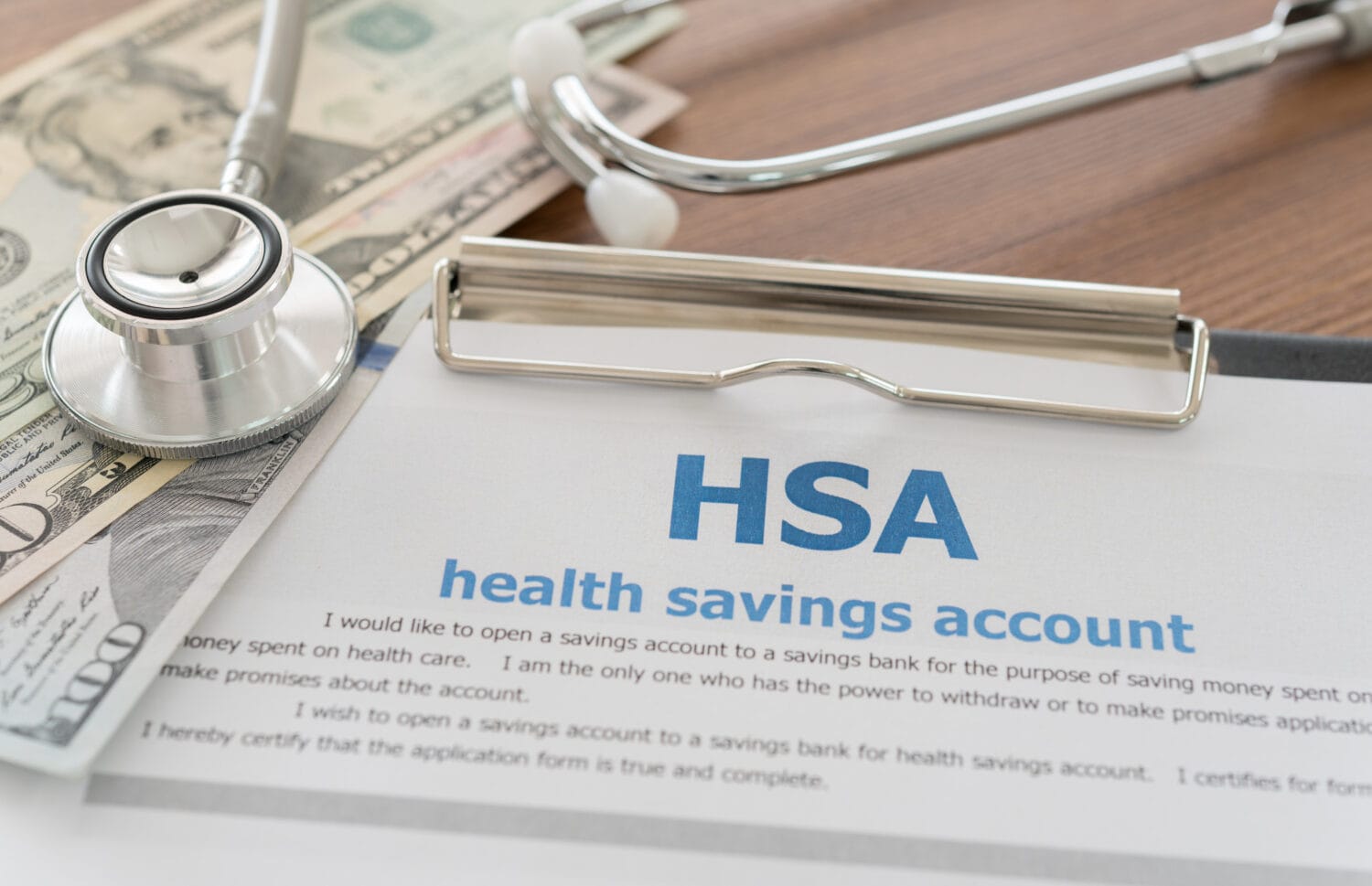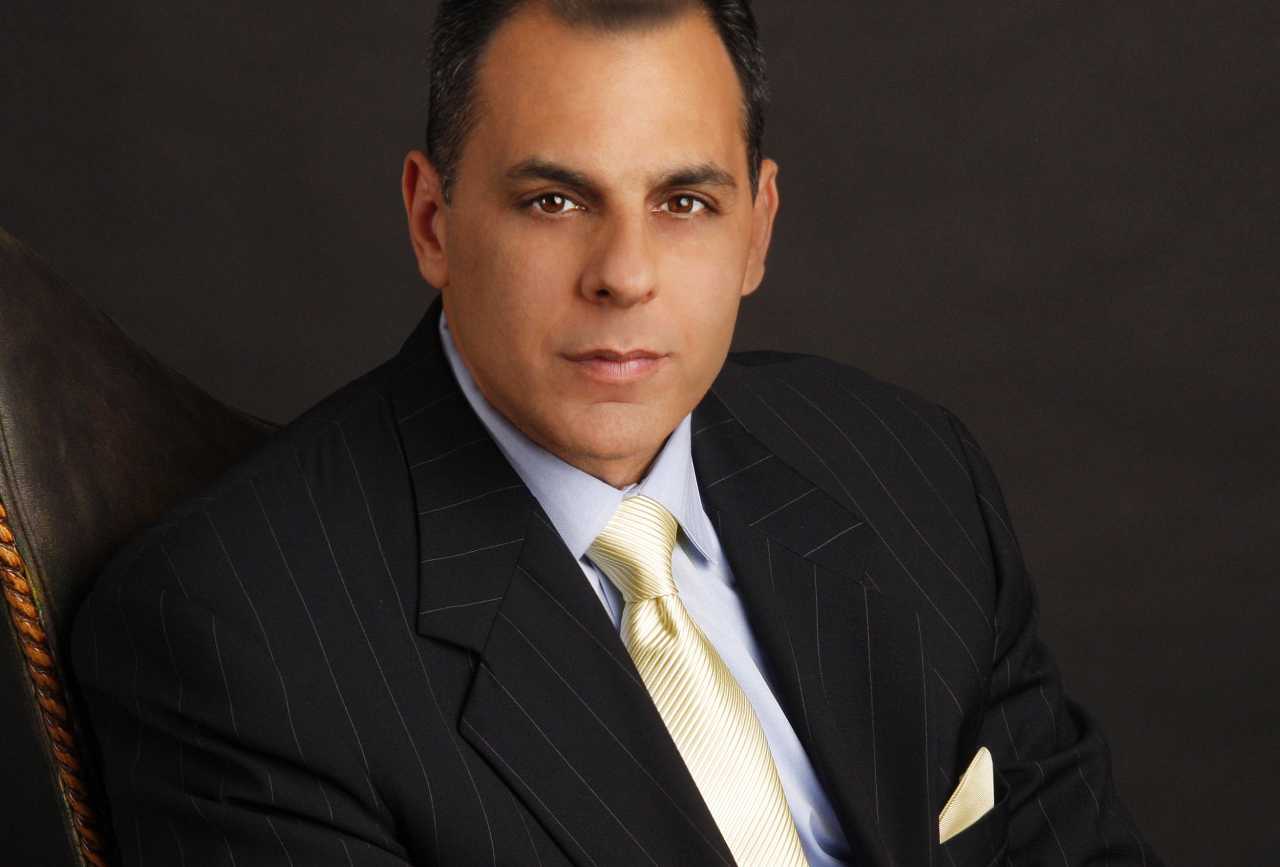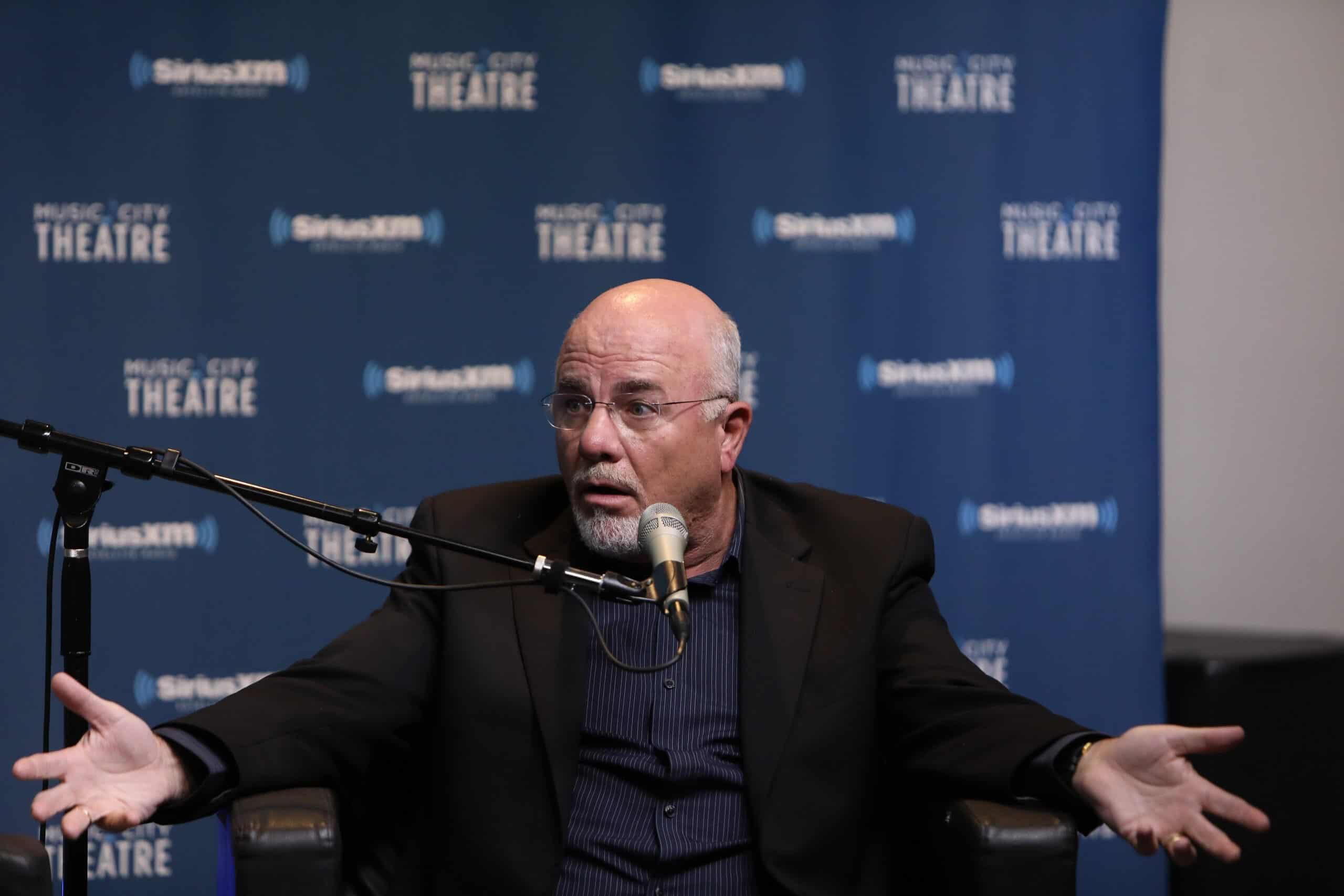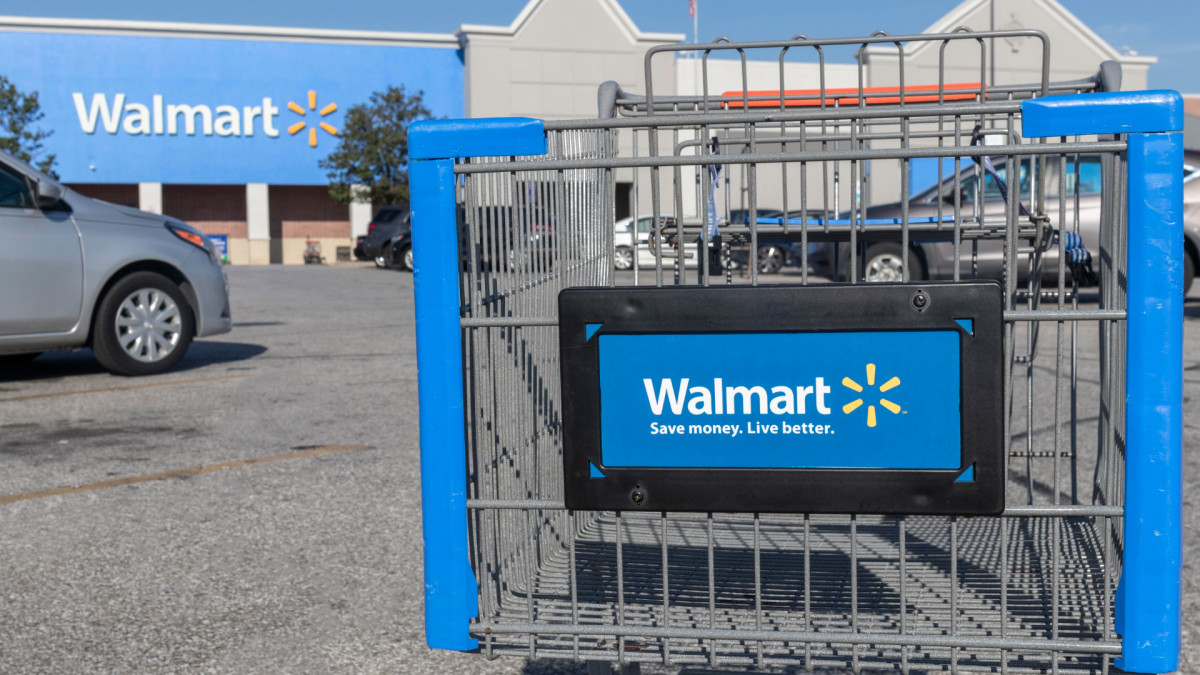My $40k HSA Withdrawal Strategy: How Should I Use It Before Retirement?
One of the more underrated retirement strategies you can consider today is the Health Savings Account. Essentially, a tax-advantaged savings account that can help you pay for medical expenses like copays, deductibles, and over-the-counter medications, these plans are becoming increasingly popular. One Redditor posting in r/ChubbyFIRE raises questions about what other strategies they use to […] The post My $40k HSA Withdrawal Strategy: How Should I Use It Before Retirement? appeared first on 24/7 Wall St..

One of the more underrated retirement strategies you can consider today is the Health Savings Account. Essentially, a tax-advantaged savings account that can help you pay for medical expenses like copays, deductibles, and over-the-counter medications, these plans are becoming increasingly popular.
Health savings accounts are a popular option to put money aside for major health events.
There is a debate over whether a health savings account should be used before or after using money from a 401(k).
The good news is that health savings accounts are a tax-advantage way of saving money for medical expenses.
Are you ahead, or behind on retirement? SmartAsset’s free tool can match you with a financial advisor in minutes to help you answer that today. Each advisor has been carefully vetted, and must act in your best interests. Don’t waste another minute; get started by clicking here here.(Sponsor)
Key Points
One Redditor posting in r/ChubbyFIRE raises questions about what other strategies they use to take advantage of this account type. In April 2025, the Redditor had around $40,000 in an account and planned to max it out until retirement.
Health Savings Accounts definitely have fans and detractors, but there are also those who look at the downside, such as a limit on contributions, that have them ignoring this account type for good.
How Does a Health Savings Account Work?
There is no question that Health Savings Accounts are often misunderstood, and this is not the fault of anyone or anything in particular. Simply stated, a Health Savings Account is a personal savings account that can be set up and used for qualified health care costs.
Any money into a Health Savings Account, or a contribution as it’s formally called, can be withdrawn tax-free, as long as it’s used for something medical. Qualified medical expenses generally include deductibles, copayments, coinsurance, and more. The caveat is that insurance premiums don’t qualify, so don’t try to be sneaky.
You can get a Health Savings Account from an employer, but banks, credit unions, and other financial institutions also offer this type of account. More substantial expenses that would qualify are ambulance costs, long-term care services, psychological therapy, prescription drugs, hearing aids, doctor visits, and more.
The benefits of such a program are that you don’t pay taxes on any money you contribute or withdraw. For a single individual, you can contribute up to $4,300 per year, while families can contribute $8,550, and those 55 and over can add an extra $1,000 in each instance.
What Does Reddit Recommend?
Once we understand Health Savings Accounts and how they work, we can return to the original poster and their question. This person currently has about $40,000 in their account and plans to contribute for the foreseeable future, but they are unsure what to do.
They acknowledge spending a lot on healthcare yearly, while also indicating they plan to retire in the next couple years. They hope this account type can help bridge the gap between their early retirement years and when they turn 59.5 years of age.
Other Redditors immediately jump in with the idea that the Health Savings Account should be the last thing this couple withdraws. As a tax-deferred account, a few commenters believe this couple would be better off spending money they have already paid tax on first. This way it reduces their taxable income and then draws on their HSA accounts when they need to.
Other Redditors point out that they should let the money grow tax-free and use it when they start to see an increase in healthcare expenses. There is universal agreement about saving receipts, but beyond that, there doesn’t seem to be anyone complaining about issues with withdrawing and using funds.
Save For Long-Term Care
Ideally, if the Redditor doesn’t need to use the money now and can contribute the maximum amount, all while spending a lot on healthcare already, they should hold this money for future use. The most expensive thing they are likely to see is long-term care, of which most estimates place a year of nursing home care at $100,000 annually, on average.
The hope is that this Redditor is never in a situation where they need to spend this, but should the time ever come, it would be great to let this HSA grow tax-free and hopefully have a little cushion in the event of a worst-case medical scenario.
The post My $40k HSA Withdrawal Strategy: How Should I Use It Before Retirement? appeared first on 24/7 Wall St..




























































































































































